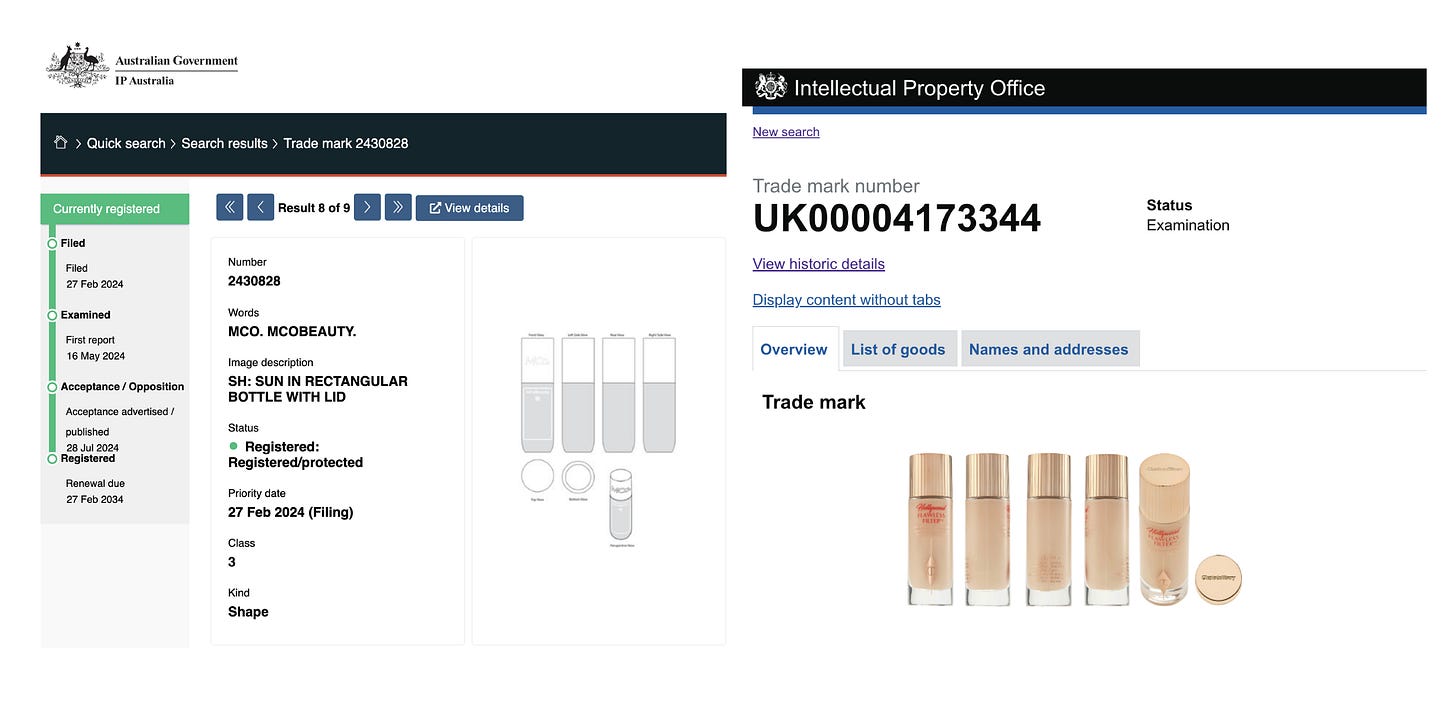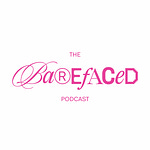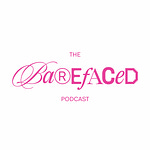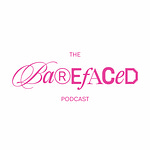Luxury brands spend years developing products—MCo Beauty swoops in and replicates them in weeks. And the results speak for themselves.
Originally known as ModelCo, an Aussie drugstore brand focused on tanning, MCo Beauty reinvented itself by recreating viral beauty products with eerily similar packaging—at a fraction of the price. By strategically navigating trademark laws, the brand has grown from AU$10M in revenue in FY20 to a staggering $330M in FY25.
In February, founder and CEO Shelley Sullivan cashed out, selling her majority stake in a deal that valued MCo Beauty at over a billion dollars. But how did they pull it off? How is any of this legal? And what’s next for the ultimate dupe brand?
In this episode of The Barefaced Podcast, we break down the rise of MCo Beauty.
The Legalities of Dupes
The most common question when talking about dupes is: How are any of them legal? And for good reason—when they’re this similar, it can be hard to tell them apart.
The easiest way to explain the legalities of dupes is through the two instances of MCo Beauty being sued.
Tarte Cosmetics
In 2021, MCo Beauty was sued by Tarte Cosmetics for allegedly copying its "Shape Tape" concealer packaging. Tarte argued the product, specifically the chevron lid, was close enough to counterfeit and could confuse consumers.
Trademark expert Dr. Sarah Hook told the ABC that if a consumer mistakes one product for another, it could be deemed too similar by a judge. However, she pointed out that consumers typically don’t expect high-end products at budget retailers like Woolworths or Chemist Warehouse.
MCo Beauty’s strategy of being stocked exclusively in mass retailers plays a key role in helping them dodge trademark claims. By positioning their products in budget-friendly environments, they can argue that the setting itself reduces the risk of consumer confusion.
This strategy is so effective that brands, like Kmart's OXX and Walgreens, have adopted the same tactic, using mass retail placement to replicate luxury beauty items without facing legal challenges.
1000-Hour Lash and Brow Tint
Also in 2021, MCo Beauty faced a second lawsuit, this time from the Australian company Chemcorp, the maker of the popular 1000Hr eyebrow dye. Mco Beauty created a dupe called ‘2000Hr’. What makes this case particularly interesting is that 1000Hr is sold alongside MCo Beauty products in budget retailers.
MCo's lawyer, Len Mancini, argued that the issue with the "2000Hours" branding was simply a misunderstanding, claiming MCo Beauty didn’t realise it was being used as a trademark and thought it was just descriptive terminology. This defense is, frankly, hilarious.
Both parties agreed to settle the case out of court, and MCo Beauty rebranded the product and changed its packaging. MCo Beauty's founder, Shelly Sullivan, explained that the company chose not to fight the Chemcorp case because 2000Hour wasn’t selling well. She told the ABC, “In fact, we still have 20,000 units in our warehouse.”
The brand would rather sit on deadstock than try to sell a non-dupe product. ‘We did it because we knew we could get away with it’ is where MCo Beauty starts to feel icky.
Mco Beauty Trademarks
Like many other brands, MCo Beauty does not own any of its products outright. While researching for this episode, I found several of MCo Beauty’s manufacturers, and one stood out—it listed many of MCo’s most popular products on its website, identical in formula and packaging, except for the logo. So, what exactly do they own? Thanks to IP Australia, we can easily find out.
MCo Beauty holds 19 approved trademarks in Australia and has recently begun filing trademarks for its packaging. Traditionally, brands have protected themselves through trademarks on names, logos, and icons. However, with copycatting on the rise, many are now taking this a step further by securing trademarks for ‘distinctive’ packaging as well.
It seems Charlotte Tilbury is following suit—just three days ago, the brand filed to trademark the Hollywood Flawless Filter bottle in the UK. This appears to be the first packaging trademark filed under any of Illestor Holdings’ trademarks (at least, that I could find).
Influencer Claims
In Australia, comparative advertising laws (ACCC) make it difficult for brands to directly compare themselves to competitors. As a result, MCo Beauty invests heavily in influencers who make these comparisons on their behalf, promoting the message that their products are better than the expensive originals.
In contrast, in the US, the Federal Trade Commission (FTC) encourages advertisers to reference competitors, believing it helps consumers make informed decisions, fosters competition, and drives innovation, ultimately lowering prices. This is why dupe brands in the US often call out the brand they are copying directly on the product itself.
Consumer Perception
Beauty dupes are often less criticised than fashion or homeware dupes—why is that? I spoke with Aussie skincare influencer Razia Moe, who initially supported MCo Beauty but became critical after noticing the brand’s tendency to copy small Australian businesses. When Razia started publicising her concerns, she faced heavy backlash from her followers, who defended MCo Beauty, arguing that it makes affordable makeup accessible—even though Razia consistently promotes other affordable beauty products.
Terry Nguyen's 2022 Vox article, "Trends are Dead," explains how TikTok turns niche aesthetics into viral trends, benefiting fast-fashion and direct-to-consumer brands. It’s no coincidence that MCo Beauty has credited much of their success to TikTok, where fake versions of products, once seen as embarrassing, are now widely accepted and celebrated for their affordability. Nguyen highlights how, “while platforms are becoming increasingly centralized, there’s no way for a sane person to keep up. The problem is, we’re told that we can. We’re told we must evolve to keep up or our digital personas will wither into irrelevance as our style grows stale.”
When fashion dupes make their way to social media, there's public concern about how they undercut designers' work and stifle business growth. But with beauty dupes, the narrative shifts. They're often seen as a favor to customers, a form of charity against the big, "greedy" prestige and luxury brands. While it's true that there are many large, profit-driven companies in the beauty industry, indie beauty brands are at an all-time high. Meanwhile, big brands continue to invest heavily in R&D to drive innovation—innovation that MCo Beauty will likely copy in the years to come.
Future Moves for MCo Beauty
The US has always been THE beauty market, but MCo Beauty made sure to enter with a splash when they launched in April 2024 in 1,800 Kroger stores, before expanding into an additional 1,200 Target stores in January 2025.
At first glance, the graph of Google search volume for 'dupes' in the United States, Australia, Germany, France, Canada, and the UK shows no distinct trends. The trend lines appear proportional to the population sizes of each country, but a closer look reveals subtle differences that go beyond population size alone.
From 2020 to 2025, key trends in dupe culture emerge across different markets.
Australia experienced a 425% growth, largely driven by MCo Beauty, which has significantly reshaped consumer behavior.
The US has the second-highest dupe interest per capita, with steady growth. Unlike Australia’s dominant brand-driven market, the US dupe scene is more fragmented, with E.l.f., Amazon, TikTok Shop, and indie brands driving sustained demand—suggesting a broader shift in beauty shopping habits.
France, despite its luxury reputation, rivals the US in per capita interest. The key takeaway is not only how high searches for dupes are per capita but how little they've grown (100% since 2020), indicating an already established interest in dupes within the market.
And that brings us to the end of a controversial podcast. I hope you enjoyed this episode, be sure to give it a like and share it with a friend! Thanks for tuning in, and I’ll see you soon.




















Share this post